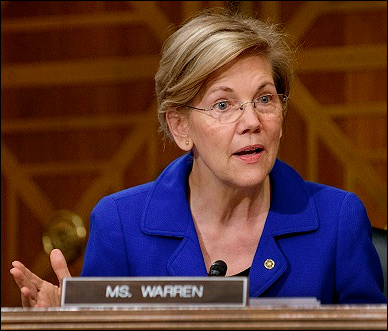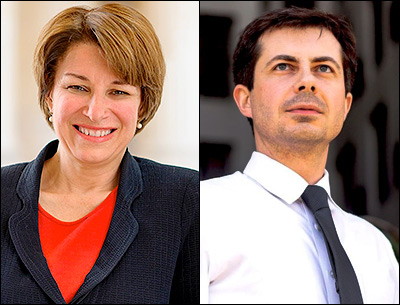By Jim Ellis
 Oct. 8, 2019 — At this point, Democratic presidential primary patterns are beginning to reveal themselves.
Oct. 8, 2019 — At this point, Democratic presidential primary patterns are beginning to reveal themselves.
The February First Four states are becoming a hodgepodge of political strength with both Sens. Elizabeth Warren (D-MA) and/or Bernie Sanders (I-VT) potentially stealing Iowa and New Hampshire away from national front-runner Joe Biden. That means the former vice president may have his back up against the proverbial wall when the campaign streams into Nevada, the third voting state whose caucus participants will convene on Feb. 22. He may well need a victory there, before getting to South Carolina and his southern states political oasis.
As the new Fox News South Carolina Democratic primary poll shows (Sept. 29-Oct. 2; 803 likely South Carolina Democratic primary voters), Biden’s lead is very strong in the Palmetto State at 41-12-10 percent over Sens. Warren and Sanders, respectively. These numbers are commensurate with his standing in other recently polled southern domains.
But new data coming from delegate-rich states that are not frequently polled give us a further perspective about just how the nomination drama might unfold.
Four new state surveys were released at the end of last week with clear separation only detected in Arizona. Data coming from California and Ohio show dead heats among the three major candidates. Additionally, the latest Wisconsin poll gives Biden only a small lead.
The first three states in this group will vote in March, on Super Tuesday (March 3, California), March 10 (Ohio), and March 17 (Arizona). The fourth state’s electorate, Wisconsin, will cast their ballots on April 7.
Change Research (Oct. 27-28; 396 likely Arizona Democratic primary voters) finds that Arizona is polling as one of the ex-vice president’s weakest states and the only one that shows a relatively competitive four-way race. The Change results finds Sen. Warren claiming a significant lead with 35 percent support, ahead of Sen. Sanders’ 19 percent, Biden’s 15 percent, with South Bend Mayor Pete Buttigieg making a viable appearance with 13 percent preference.


 Oct. 1, 2019 — The Democratic National Committee had barely announced the new qualification requirements for the November and December presidential debates when three candidates immediately proved they met the polling requirement and several others reached the halfway point.
Oct. 1, 2019 — The Democratic National Committee had barely announced the new qualification requirements for the November and December presidential debates when three candidates immediately proved they met the polling requirement and several others reached the halfway point.


